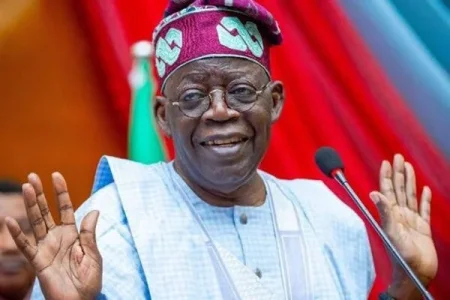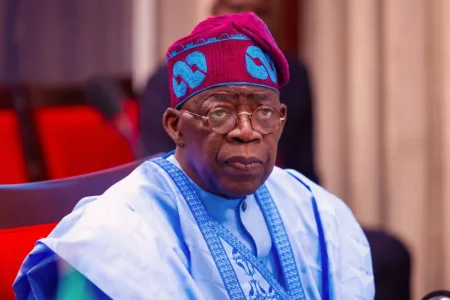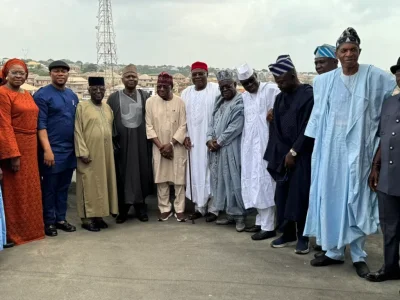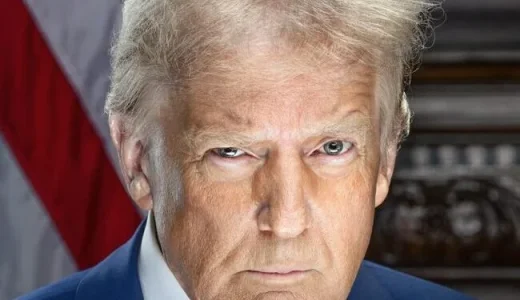
In a surprising turn of events, Nigeria's petrol subsidy has made a comeback, reaching an alarming N907.5 billion per month, surpassing the pre-Tinubu era.
BusinessDay's analysis attributes this surge to the country's foreign exchange crisis, pushing the actual cost of a litre of fuel to N1,203. The escalating black-market exchange rate is identified as a key factor, driving the landing cost of petrol to N1,009 per litre.
Despite the Petroleum Industry Act 2021 and downstream sector deregulation, the state-owned oil company remains the exclusive petrol importer, leaving over 90 licensed marketers unable to import due to unresolved price differentials. Marketers advocate for a shift to benefit all parties, emphasizing the need for NNPC to cease its monopoly.
Reactions on social media reflect a mix of outrage, disbelief, and calls for reform, with citizens expressing frustration over the unexpected return of the subsidy, undermining previous announcements of its elimination. @ReformerOluseun tweeted, "This should be the greatest subsidy scam ever. The amount we've spent on Palliative and extra amounts people pay per litre with the thought that subsidy has been removed only to hear this again."
@tolustine remarked, "Obviously because the dollar is up... Oh wait, we don't spend nor earn in dollars." @barralpha1 asserted, "I say it again, there is nothing like 'subsidy.' We are paying for bad policies. Refine crude in Nigeria, and it will end naturally." @EghosaSami expressed disbelief, "Subsidy on petrol? How? Subsidy is gone. This is fraud at its peaks." @CallMeJossy raised concern, stating, "That's half of our entire budget," while @lilianogwurumba lamented, "What a royal mess."
Online sentiments range from disappointment to disillusionment, painting a vivid picture of public sentiment in response to the unexpected resurgence of the petrol subsidy. #PetrolSubsidy #Nigeria #EconomicAnalysis




